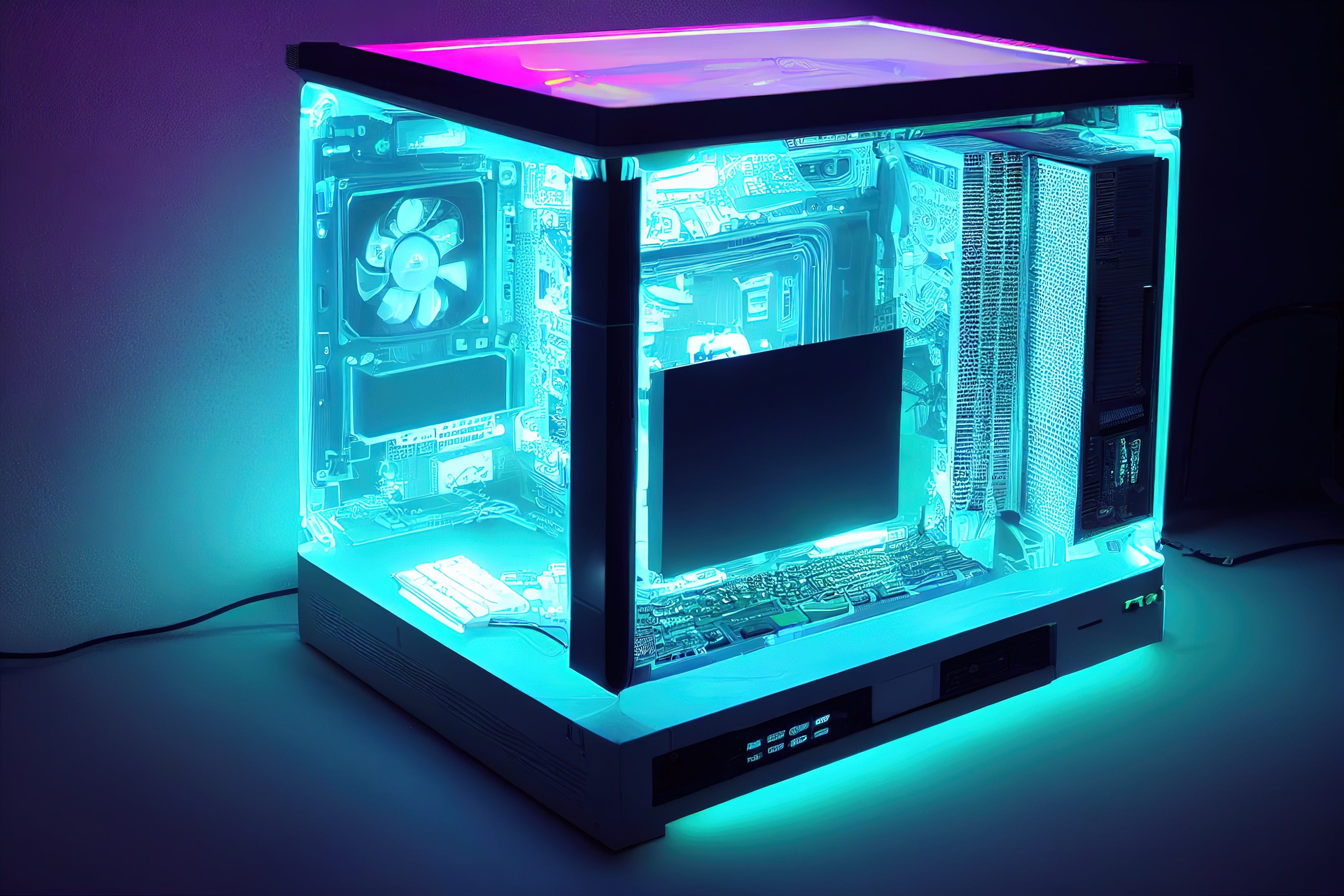
Are you in the market for a new gaming monitor but confused by the plethora of options available? Don't worry, we've got you covered! In this comprehensive guide, we'll break down the most important specs to consider when choosing a gaming monitor: refresh rates, resolution, and CPU/GPU requirements.
Refresh Rates
A monitor's refresh rate refers to the number of times per second that the screen updates with new information. The higher the refresh rate, the smoother the motion on the screen will appear. Most gaming monitors have a refresh rate of 60Hz, but some can go up to 240Hz or higher.
However, it's important to note that a high refresh rate is only useful if your GPU is able to keep up with it. If your GPU is not able to produce the number of frames per second needed to match the refresh rate, you won't see any benefit from having a high refresh rate monitor. This is where CPU and GPU requirements come into play.
CPU/GPU Requirements
Different types of games have different CPU and GPU requirements. Some games are more CPU-intensive, while others are more GPU-intensive. It's important to choose a monitor that has the appropriate CPU/GPU specs for the games you play.
In addition, the quality settings and resolution you choose in your game also have an impact on how the CPU and GPU perform. If you're playing at higher quality settings and resolutions, you'll need a more powerful CPU and GPU to keep up with the demands of the game.
Resolution
Resolution refers to the number of pixels on the screen. The higher the resolution, the more detail you'll see on the screen. However, higher resolution also means more demand on your GPU. Most gaming monitors have a resolution of 1080p (Full HD) or 1440p (Quad HD), but some can go up to 4K (Ultra HD).
It's important to choose a resolution that is appropriate for the size of your monitor. If you have a small monitor, you won't see much benefit from a higher resolution because the pixels will be too small to see. On the other hand, if you have a large monitor, a higher resolution will be necessary to maintain a sharp image.
When choosing a gaming monitor, it's important to consider all of these specs together to ensure that you're getting a monitor that will meet your gaming needs. If you're playing fast-paced games that require quick reactions, a high refresh rate is important. If you're playing visually stunning games, a higher resolution is necessary. And if you're playing games that are CPU or GPU-intensive, make sure to choose a monitor with appropriate specs for those games.
In conclusion, choosing a gaming monitor can be a daunting task, but understanding the most important specs can make the decision easier. Consider your gaming needs and choose a monitor that meets those needs. Happy gaming!

0 comments